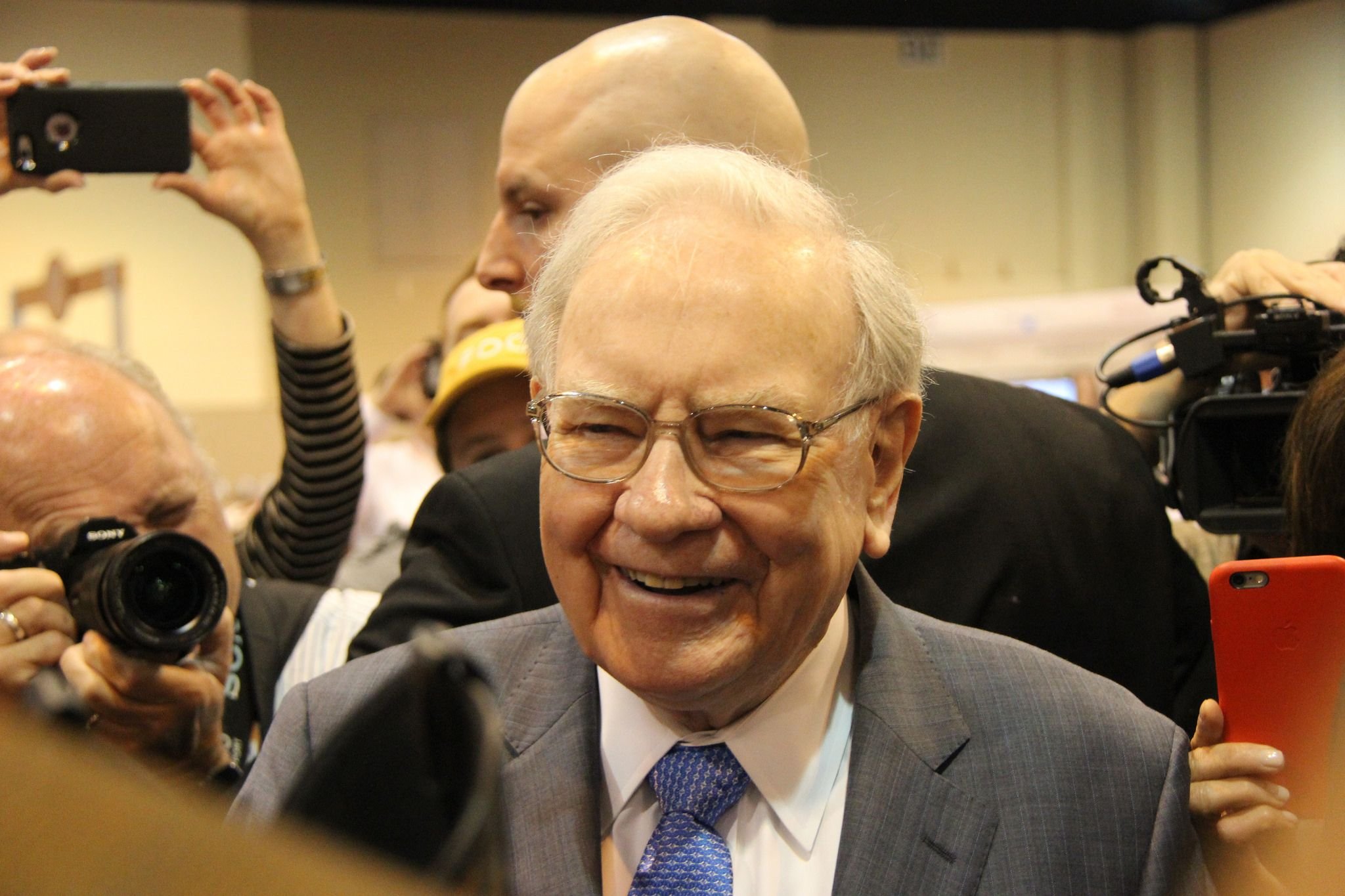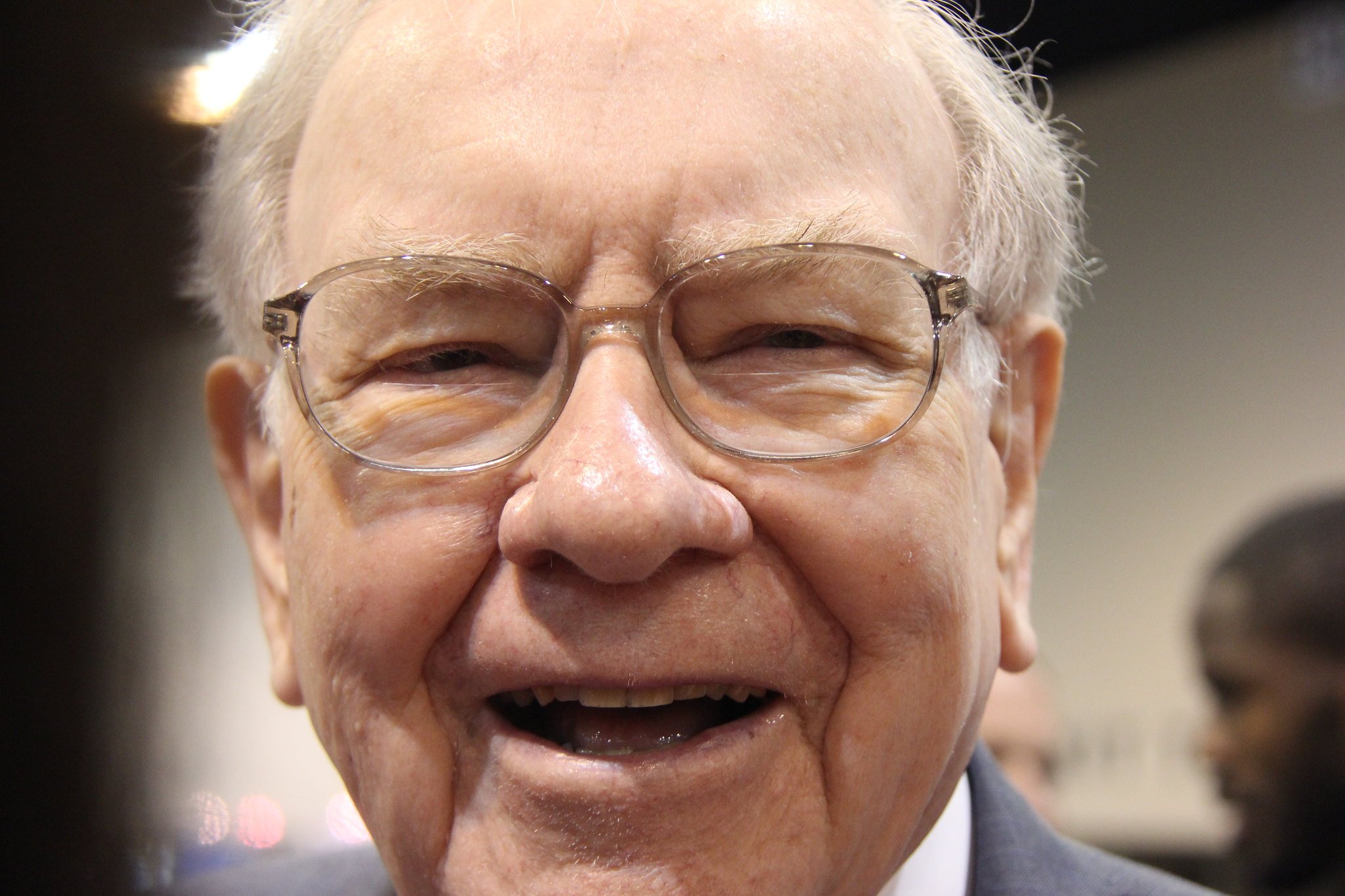Berkshire Hathaway (BRK.A 0.08%)(BRK.B 0.21%) has delivered phenomenal returns since Warren Buffett took over as CEO in 1965. If you were fortunate enough to buy Class A stock in the company then, you would have seen your investment increase by 4,384,748%. In other words, $100 invested would be worth nearly $4.4 million today!
There is no question that Berkshire has been an excellent performer over the past six decades, but is the stock still worth buying in 2024? How about current shareholders? Should they hold on to the stock, or sell it? Let's see if we can find some answers.

NYSE: BRK.B
Key Data Points
Berkshire Hathaway has thrived under Warren Buffett
Berkshire Hathaway is a conglomerate, owning numerous businesses across multiple industries. The company is perhaps best known for its $371 billion investment portfolio, with its largest holdings in well-known companies like Apple, Bank of America, American Express, and Coca-Cola.
Together, Warren Buffett and the late Charlie Munger helped grow Berkshire Hathway into the $900 billion behemoth it is today with impeccable insight and investing ability. Buffett is generally considered a value investor, seeking companies with good management teams, strong economic moats, and reasonable valuations.
What makes Berkshire so successful is the ability of Buffett and his team to take a long-term approach to investing and their willingness to be patient and sit on a huge cash pile until a good deal comes along. Today, Berkshire Hathaway has record cash on hand of $167.6 billion, which it can use to buy stocks, acquire companies, or pay shareholders through dividends and stock buybacks.

Image source: The Motley Fool.
This important part of Berkshire's business gives it stability
Investing is a significant component of Berkshire's success, and many investors follow Berkshire's quarterly 13F filings closely to see which stocks the conglomerate bought and sold. But a lot of its success can be attributed to its numerous privately held companies.
Besides its stock portfolio, Berkshire owns interests in numerous companies across materials & construction, energy, food & beverage, clothing, insurance, and railroads. These companies have solid fundamentals and management teams that Berkshire trusts and takes a hands-off approach with. They are steady producers of cash flow, which is a big part of the conglomerate's growing cash stockpile.
One significant component of its success is its insurance investments. The company owns several insurers, including GEICO, Alleghany Corp., General Re, and Berkshire Hathaway Reinsurance. Buffett is a huge fan of insurance and credits Berkshire's early purchase of National Indemnity in 1967 with helping turn the company around.
In Buffett's own words, its larger insurance holdings "account for a very large chunk of Berkshire's value," primarily because "the product will never be obsolete, and sales value will generally increase along with both economic growth and inflation." Last year, these insurance operations brought in $263 billion in revenue, setting records in sales and underwriting profits thanks to strong growth in premiums.
Buy, sell, or hold Berkshire Hathaway?
Berkshire Hathaway is an excellent business with steady cash flows and is coming off another solid year of earnings. Its growing cash pile gives Buffett and his team a lot of dry powder to put to work when the time is right.
BRK.B cash and short-term investments (quarterly), data by YCharts.
Although the stock might not crush the S&P 500 every year, what it will do is provide steady returns with less volatility than the broader market. One way that investors can evaluate this is with a stock's beta, which measures risk and shows how much a stock moves relative to a benchmark index like the S&P 500. Over the past decade, Berkshire's beta is 0.63, showing it experiences significantly less volatility than the broader market.
For these reasons, Berkshire Hathaway is an excellent stock to add to your portfolio today and hold for the long haul. I also see no reason to sell it anytime soon.







